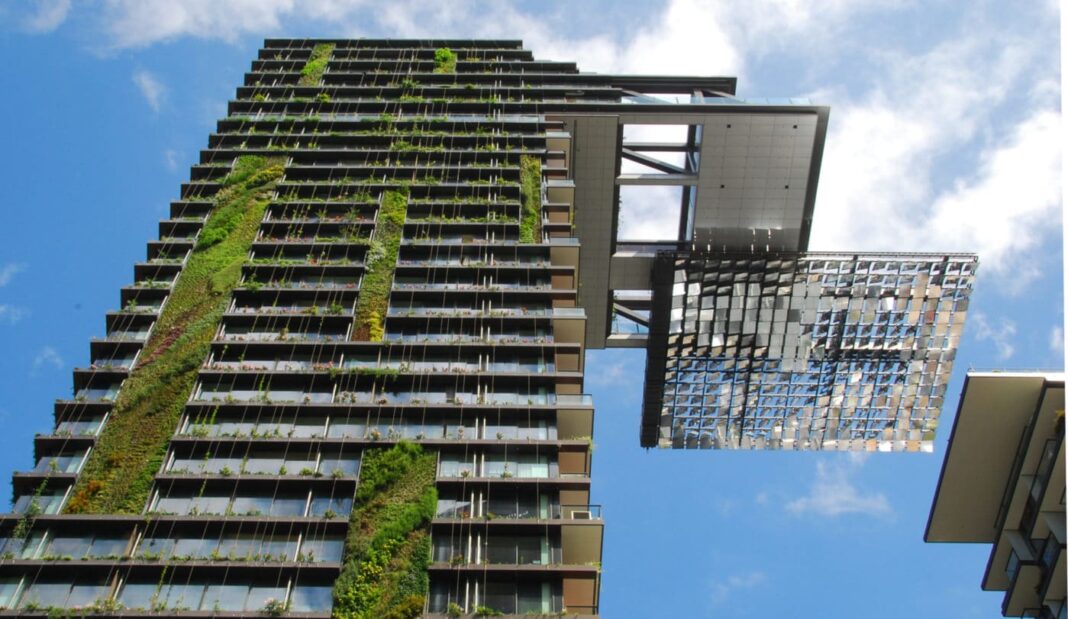By Alicia Mmashakana
The South African government and the private sector need to start implementing environmentally friendly building methods, not only to create a green and sustainable building culture, but also to help fight climate change, according to researchers.
Green buildings are more eco-friendly friendly. They include building methods that reduce water consumption, use alternative energy sources for lighting, utilise energy-saving electrical sockets and have energy efficient window systems.
Academic and research platform Conversation Africa recently hosted a seminar on green building/infrastructure adaptation, which is part of South Africa’s National Climate Change Adaptation Strategy (the NCASS), and how government can support the plan.
Dr Samkelisiwe Khanyile, researcher for the Gauteng City-Region Observatory, discussed the province’s green assets.
“There is an unequal distribution in green assets and infrastructure, meaning they are not evenly spread or accessible particularly in disadvantaged communities. Many green assets are found in wealthier suburbs,” Khanyile said.
While green spaces and green infrastructure in urban areas are increasingly being recognised as crucial in urban planning, there is still a green inequality. Areas where black, coloured and Indian people live have much lower greenness levels compared to where whites live.
Associate Professor of Tourism Geography at Vaal University of Technology, Kaitano Dube said: “[With} the design specifications that would go into a green building, one should consider the local climatic parameters. The building should be temperature resistant and water efficient by installing low flow showerheads and gauzes.”
According to the government, the planning and design phase of a building has a significant impact on its life-cycle decisions, making it crucial to incorporate sustainable norms, standards and best practices into the design.
In Johannesburg, the city council has approved a draft policy to introduce the development of green, low energy consuming buildings.
The Green Building Policy is part of the city’s efforts to achieve low to net zero carbon performance for all new buildings in Johannesburg by 2030, while achieving a total net zero performance compliance standard by 2050.
Participants at the seminar said that as South Africa strives to improve its climate adaption and reduce its carbon footprint, the NCCAS must play role in guiding the country going green.
INSIDE POLITICS

